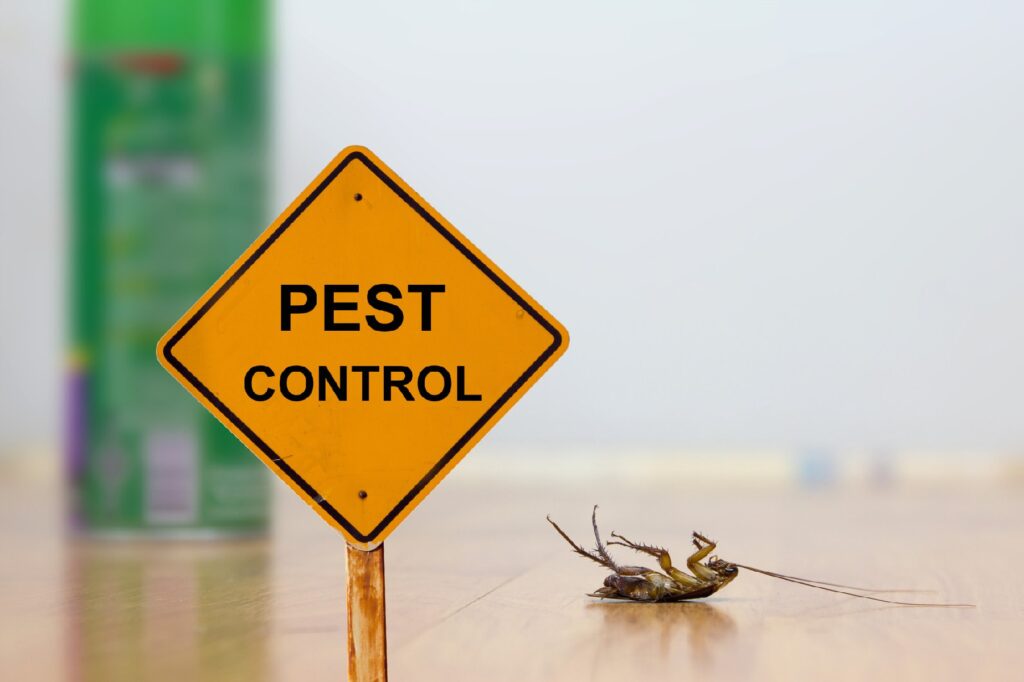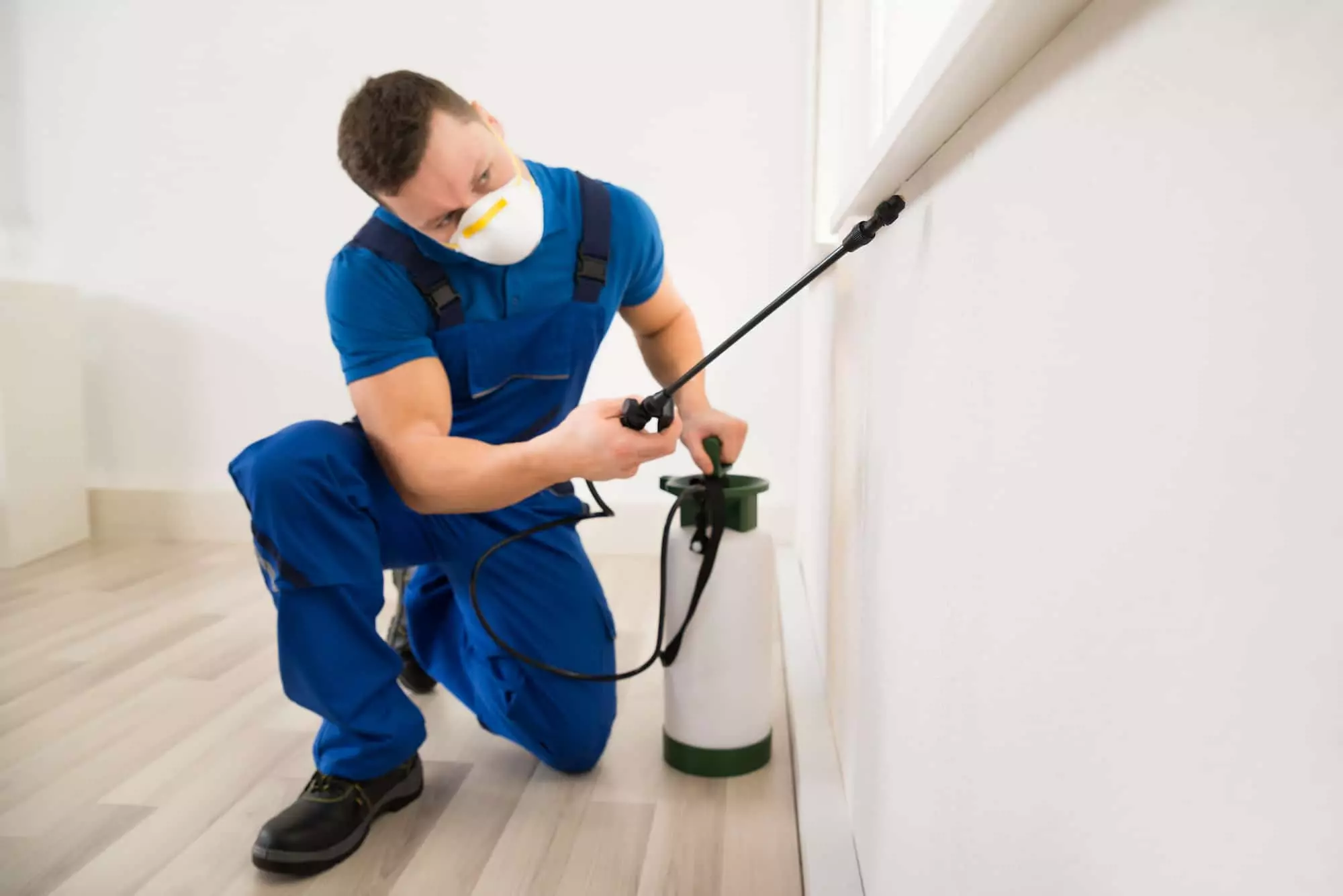Safe and Trusted Parasite Control for Lasting Defense
Reliable insect administration requires a complex method that balances eco-friendly honesty with the demand for reliable insect suppression. The subtleties of these methods may not be quickly clear, prompting a closer evaluation of the techniques that can lead to lasting bug control results.
Recognizing Insect Control Techniques
Insect control includes a selection of methods targeted at handling and getting rid of undesirable pests and rodents that can intimidate both health and wellness and building. Recognizing these techniques is vital for effective insect monitoring.
The key classifications of bug control techniques include mechanical, organic, and chemical strategies. Mechanical techniques include physical barriers and traps to avoid bug entry and capture undesirable varieties. Making use of screens on windows or employing sticky traps can substantially decrease insect populaces without introducing unsafe materials - exterminator coquitlam.

Chemical bug control is typically one of the most identified method, using chemicals to remove insects. These chemicals can be effective however have to be made use of with care to prevent unfavorable impacts on non-target species and the setting.
Benefits of Eco-Friendly Solutions
Just how can eco-friendly options change parasite control methods? The fostering of green parasite control approaches supplies many advantages, significantly enhancing the effectiveness and security of parasite monitoring.

Another benefit is the positive effect on local biodiversity. Eco-friendly solutions are created to target details pests while maintaining advantageous bugs and wild animals, advertising a well balanced community. This approach lines up with the growing consumer demand for lasting practices, boosting the online reputation of bug control service providers.
Integrated Parasite Administration Approaches
The application of environment-friendly remedies normally brings about the adoption of Integrated Pest Administration (IPM) methods, which even more improve bug control efficacy. IPM is an alternative approach that integrates several methods to take care of parasite populaces while decreasing environmental influence. This strategy highlights using biological, social, mechanical, and chemical controls, making certain a sustainable and well balanced approach of bug monitoring.
One essential element of IPM is the detailed analysis of bug activity and ecological problems. By monitoring pest populations and determining their life cycles, experts can apply targeted treatments that interrupt the insect's habitat or lifecycle, reducing dependence on chemical pesticides. In addition, cultural practices such as plant turning and habitat manipulation can significantly lessen next page bug establishment and recreation.
An additional crucial component is using organic control agents, such as beneficial pests or bacteria, which can naturally subdue insect populations. When chemical applications are needed, IPM prioritizes making use of low-risk chemicals and applies them uniquely, reducing direct exposure to non-target organisms and humans.
Including IPM techniques not just enhances parasite control efficiency yet likewise advertises a much safer ecosystem, lining up with the growing demand for lasting methods in parasite administration.
Safe Practices for Homeowners
Comprehending the importance of risk-free techniques in insect control can encourage property owners to properly manage bug issues while securing their wellness and the environment. Applying non-toxic techniques and preventative steps is crucial in lessening direct exposure to hazardous chemicals.
Property owners must initially analyze their environment for conditions that bring in pests, such as standing clutter, water, and food waste. Routinely cleaning and sealing entry factors can hinder parasites from invading the home. Utilizing all-natural deterrents, such as essential oils or diatomaceous planet, can give reliable choices to chemical pesticides.
When chemical therapies are needed, house owners ought to go with items that are specifically classified as secure for household usage. It is necessary to comply with application guidelines meticulously to stay clear of too much exposure. Using targeted therapies in areas where parasites are recognized, rather than covering splashing, can substantially decrease chemical usage.
Finally, maintaining open interaction with insect control professionals is crucial. Property owners should make inquiries regarding the safety of items used and demand environmentally friendly alternatives whenever possible. By taking on these risk-free techniques, property owners can create a healthier living setting while successfully managing bug issues.

Tips for Long-Term Security
Developing a pest administration strategy that highlights lasting protection can considerably enhance the efficiency of the secure practices previously reviewed. To achieve this, property owners need to implement routine examinations of their home, concentrating on concealed locations such as attics, basements, and crawl areas. Early discovery of parasite task is essential in stopping problems from holding.
These practices reduce attractants that attract bugs right into the home. Sealing entry points, such as splits around doors and home windows, can efficiently block potential parasite accessibility.
Landscaping needs to also be taken into consideration; maintaining plants cut and keeping a range in between vegetation and the home lessens concealing spots for insects. Using all-natural deterrents, such as important their website oils or diatomaceous planet, can even more discourage infestations without resorting to severe chemicals.
Lastly, collaborating with a specialist insect control solution for regular evaluations can offer an extra layer of safety. These experts can provide tailored referrals and progressed treatments, guaranteeing that your home stays safeguarded versus insects in the long-term.
Conclusion
Finally, reliable and risk-free bug control calls for a multifaceted approach that emphasizes environment-friendly methods and integrated bug management. By implementing all-natural deterrents, conducting routine assessments, and keeping proper sanitation, property proprietors can considerably reduce parasite populations while safeguarding advantageous insects and the atmosphere. Cooperation with specialist parasite control solutions improves the effectiveness of these methods, making certain customized services that provide long-term security and tranquility of mind against future infestations.
Efficient parasite monitoring requires a diverse technique that stabilizes environmental stability with the demand for reliable insect reductions. The adoption of environmentally friendly parasite control techniques offers various benefits, substantially improving the effectiveness and security of insect management.The application of environmentally friendly services normally leads to the adoption of Integrated Parasite Management (IPM) techniques, which additionally boost parasite site here control efficacy. exterminator coquitlam. By keeping an eye on pest populations and determining their life cycles, experts can carry out targeted treatments that interfere with the parasite's environment or lifecycle, minimizing reliance on chemical pesticides.In conclusion, secure and trusted insect control requires a complex technique that highlights green techniques and integrated pest monitoring